Social Media And Its Effects On Humanity

I feel compelled to muse on the negative effects of the digital phenomenon that has followed us for the better part of fifteen years: social media. Facebook, Instagram, Snapchat; all powerhouses of technology that have changed the way we communicate, think, feel, even move, forever.
The main argument for social media is connectivity. People we’ve lost touch with over the years or want to maintain relationships through distance. Never before has it been so easy to communicate with loved ones or business associates, all at the touch of a button, all around the world without the need for a paper trail of snail mail.
By and large, this is a good thing: for people isolated or far away for whatever reason, I’d imagine that social media is a godsend and great comfort for people who use it properly for its originally intended purpose. But the founders and creators corrupted that need for commercial and advertising gain.
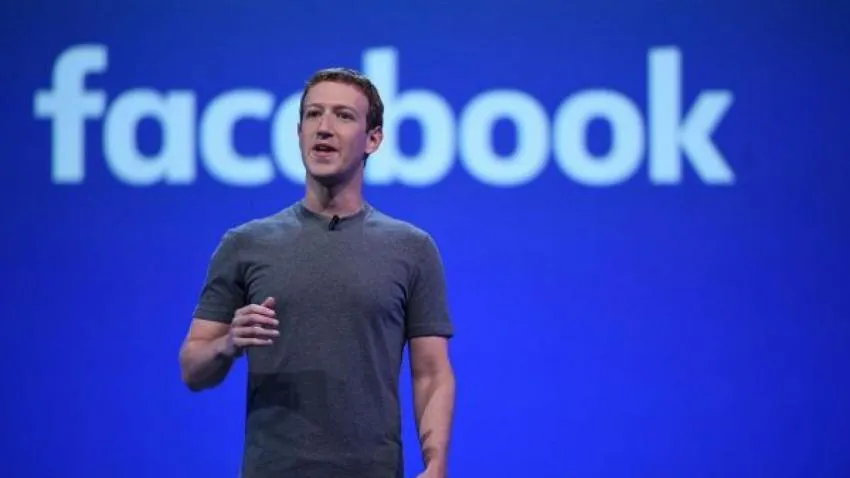
It’s no secret that social media has become so ingrained in our society that while we have heard terms like “data mining” and vaguely know what it means, we allow it to continue because we’re so reliant and literally addicted to it. I say “literally” because Facebook in particular has algorithms that detect the things you search for, look at the longest, and express the most interest in. It targets topics it knows you like and puts them at the forefront of your media feed.
Not only through Facebook either. I guarantee that if you’re using Facebook on your phone, it definitely data mines your Google search history, and now even your 'private' Whatsapp conversations to pick up keywords in your chat to target how to advertise to you. It also, as well as Amazon, uses your phone’s microphone to listen to your conversations and pick up keywords to advertise. And the worst thing about it is: we all know about it.
We’ve all experienced or heard stories of people who for instance have said “washing powder”, and then lo and behold the next thing they see on Facebook is an advert for washing powder. Completely random phrases that then appear on some sort of news feed are no coincidence. It’s all linked as well: Instagram, Whatsapp, Snapchat, all fall under the Facebook umbrella somehow. So why is it allowed to happen? Why do we allow it?
The answer to that is that the makers of Facebook know that they’ve got us cornered if we want to keep in touch with our friends and relatives. Me personally I think it’s the fear of missing out. (In fact, 'FOMO' is now a coined term for just such an occasion).
It’s where I see the majority of the news: world events appear on there quicker than on television. Time and again I’ve deleted my Facebook accounts or just the app in a sudden rush of moral outrage (which is what’s driving me to write this right now), only to come back, at longest two weeks later, tail between my legs to become a slavish sheep again.
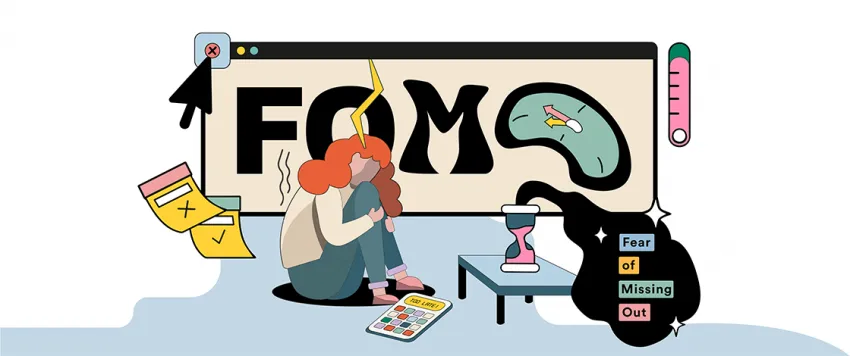
Why? It’s because Facebook in particular has completely monopolised how we communicate with each other. If you disappear off Facebook, you’re potentially missing important messages from work colleagues or party invitations and group chats you need to be involved in. You become an alien. You become a hermit. You become a pariah.
Those little notification pings, that little red circle with a number in it, are designed to release the pleasure chemical dopamine and give us that little bit of attention satisfaction. The notifications in question don't even have to befriend comment-related: sometimes they're just reminders about friends' stories if Facebook thinks you're slacking off to reel you back in with that sweet sweet dopamine.
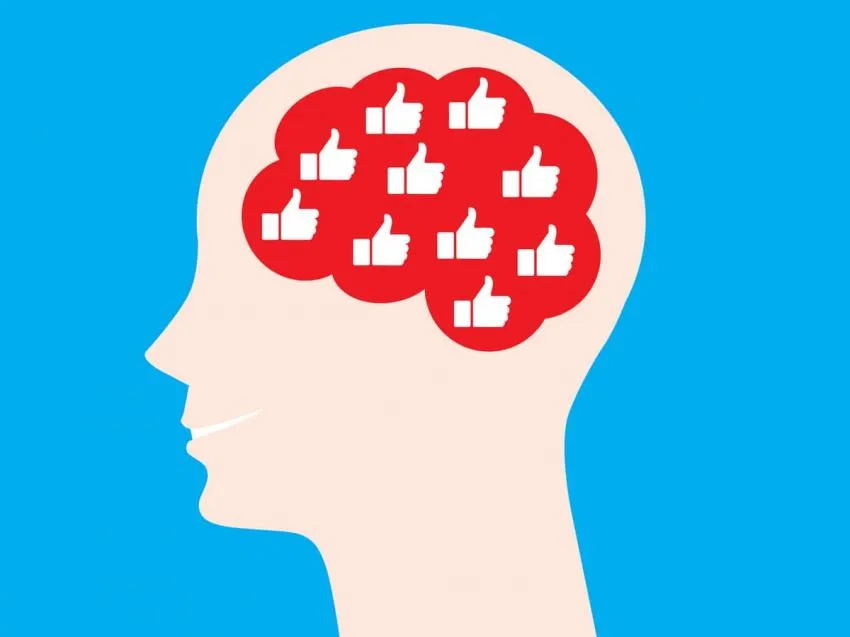
Social media has completely changed our actual social skills, our perceptions, and our standards. We get to project only the best versions of ourselves: filtered holiday photos so we look younger and prettier, filters that make it look like the day was sunnier in the background, and tag ourselves in faraway places that make our lifestyles look like we’re constantly jet-setting. Basically, we filter real life and pretend our realities are greater than they are.
This, in turn, I believe, makes others feel miserable. I’m only going to touch briefly on the dark topic of cyberbullying and teen suicides, but I feel so sad and angry that anyone from the younger generation has to feel any less than they are. All because they’re seeing their peers have relationships and holidays and feel like they need to compare themselves and their own situations against fake projections.
I’m not having a go at people who use Facebook to say where they are or post-holiday pictures: sharing is the whole point and I admit I do it myself so I’d be a hypocrite, but the point is we only ever project the best of ourselves. No one wants to see the anecdote that we’ve been stuck in traffic for hours, the cat got sick on the carpet, we’ve lost our wallets and our clothes have shrunk in the wash.
It’s just not interesting or cool enough. Holidays and good times are only about five percent of the average person’s daily lives, but those of us who can’t afford to get away, or are socially awkward are made to feel worse about themselves.
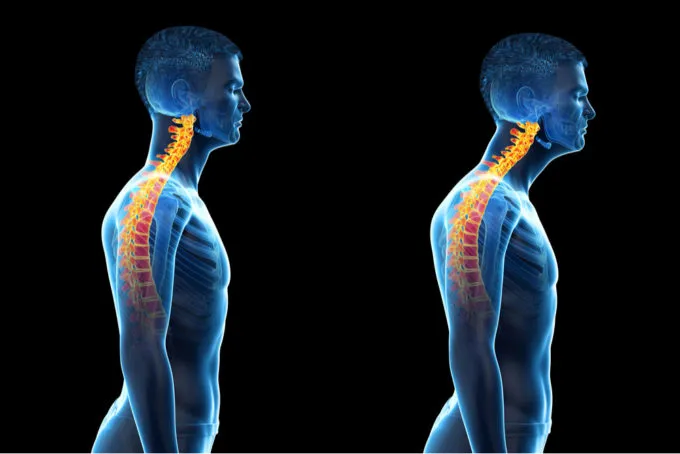
I mentioned at the start that social media has changed the way we move forever. The effect on our bodies is that our posture is worsening. On our phones, slouched so our lungs aren’t fully expanding when we breathe; head tilted forward, all affecting our neck muscles.
The human head weighs about the same as a small bowling ball and is supposed to be supported by our neck and shoulders. Doctors have coined the term “nerd neck” for this forward head posture. Our hands are cramping because our little fingers are crooked awkwardly to hold our phones in place as we scroll through mundane dross.
The worst thing is the irony of the name “social” media. We’ve never lived in a time that’s been more antisocial. Every canteen, school, pub, restaurant, living room, is full of people with bowed heads scrolling on their phones, looking at what’s happening in other people’s lives when they could be talking to them.
The problem is that on your phone you can edit something you say to sound cleverer than what you are. You can think of a reply for any length of time, but you can’t edit what you say in a face-to-face conversation.
Even on Facebook itself, we daren’t reply to comments because we know that all our friends and family will see what we’ve put. Filtering ourselves even further. Nobody dares to disagree or post anything negative for fear of how they’ll be perceived by strangers. The next generation is socially paralysed, so what can we do about it?
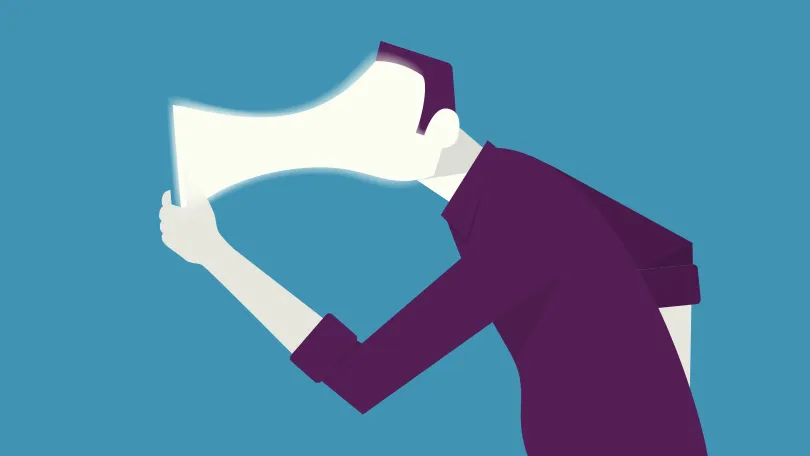
There are no boycotting social media, there’s just no way that can happen now. For reasons stated at the beginning, it’s too important to a lot of people now, and the younger generation will kick and scream because it’s just too addictive. It's also the quickest and easiest way for marketing and advertising products and companies.
To conclude, we could always ring or text when we want to talk to someone. Whatsapp might data mine, and no doubt they listen to conversations through the microphone, but you can always try not to feed a digital leech that already knows too much about you.
Turn off as many social media permissions on your phone as you can, and try to limit your time to 10 minutes a day. Hint: if you start seeing things you’ve already seen on the screen, stop scrolling, and put your phone back in your pocket.
Look up at the people around you: your family in the living room, the people on the bus, your friends at school, work colleagues in the canteen. Say hello. I guarantee you’ll learn more and have a more interesting time than looking at cat gifs.
Opinions and Perspectives
I totally relate to the FOMO part. I've tried taking social media breaks but always end up coming back because I feel like I'm missing important updates from friends and family.
The point about posture really hit home. My neck has been killing me lately and I never connected it to all the phone scrolling I do.
While social media has its downsides, I think we're being too harsh. It's helped me stay connected with friends abroad and find communities with similar interests.
Does anyone else find it creepy how ads seem to know exactly what we've been talking about? Just yesterday I mentioned needing new running shoes and boom, shoe ads everywhere.
That's interesting about the dopamine hits from notifications. I catch myself checking my phone constantly even when I know there's nothing new.
Actually, I disagree about social media being entirely antisocial. I've made real friendships through online communities that translated to meaningful real-life connections.
The data mining aspect is concerning, but let's be honest, we're all willing participants. Convenience seems to trump privacy these days.
You know what's funny? I'm reading this article about social media's negative effects... on social media.
I work in marketing and can confirm the targeting capabilities are even more sophisticated than what's mentioned in the article.
The part about only showing our best selves really resonates with me. I'm guilty of carefully curating my online image too.
Has anyone successfully managed to limit their social media use to 10 minutes a day? Seems impossible to me.
The bowling ball head comparison is fascinating. No wonder my chiropractor keeps telling me to look up more.
I appreciate how the article acknowledges both benefits and drawbacks instead of just demonizing social media completely.



